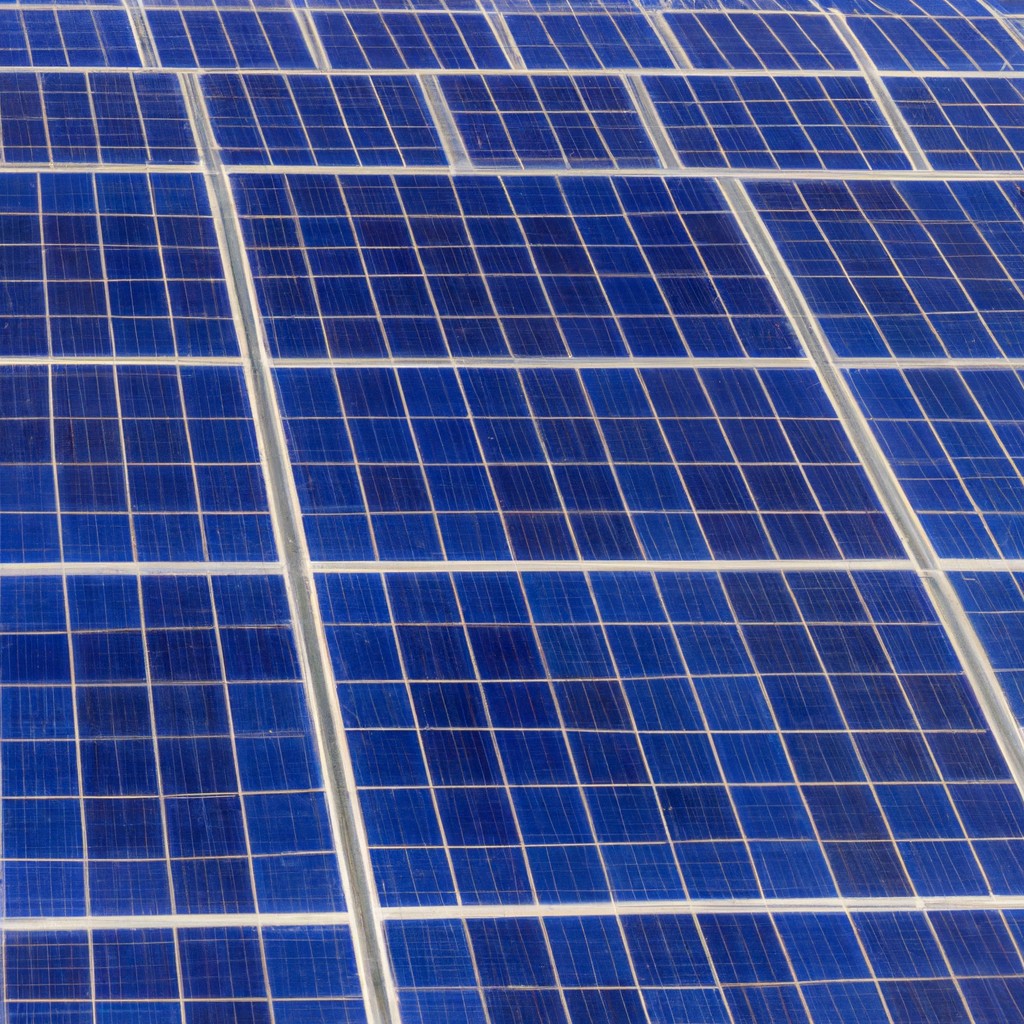Solar energy, a renewable and eco-friendly power source, offers numerous benefits such as reduction in electricity bill, low maintenance costs, and diversification of energy sources which will be comprehensively outlined in this article.
Key takeaways:
- Renewable Energy Source: Solar power offers an inexhaustible supply of energy.
- Reduces Electric Bill: Solar power can significantly decrease monthly electricity expenditures.
- Environmental Benefits: Solar energy significantly reduces greenhouse gas emissions and air pollution.
- Technological Improvements: Recent advancements in solar technology have increased efficiency and versatility.
- Job Creation in the Solar Industry: The solar industry has seen significant employment growth.
Renewable Energy Source

Harnessing the sun’s power offers an inexhaustible supply of energy, mitigating the reliance on finite fossil fuels. Solar panels convert sunlight into electricity as long as the sun continues to shine, ensuring a long-term energy solution. This sustainability is crucial for meeting future generations’ energy needs without compromising environmental integrity.
Peaks in demand, especially during daylight hours, can be met directly through solar energy production, reducing the strain on traditional energy grids. The decentralized nature of solar power also allows for scalability, making it suitable for a wide range of applications—from small residential setups to large-scale utility projects. This adaptability further solidifies solar energy as a cornerstone of a diversified and resilient energy portfolio.
Reduces Electric Bill
Adopting solar power can significantly decrease monthly electricity expenditures. Homeowners and businesses generate their own electricity with solar panels, thus relying less on the grid, which leads to lower utility costs.
Net metering policies allow solar users to sell excess energy back to the grid, often resulting in credits on their bills. Additionally, solar investment can increase with various financial incentives such as tax credits, rebates, and solar renewable energy certificates (SRECs).
Over time, these savings contribute to the overall return on investment, mitigating initial installation costs.
Environmental Benefits
Harnessing solar energy significantly reduces greenhouse gas emissions, particularly carbon dioxide (CO2), which contributes to climate change. A typical residential solar panel system can save several tons of CO2 per year, which is equivalent to planting over a hundred trees annually.
Furthermore, solar power diminishes reliance on fossil fuels. Traditional electricity production often involves burning coal or natural gas, processes that emit harmful air pollution. Transitioning to solar reduces air pollutants like sulfur dioxide and particulate matter, which can cause health issues ranging from asthma to heart disease.
Solar installations also require minimal water use, making them a low-impact option compared to nuclear or coal-fired power plants, which use vast amounts of water for cooling. This conserves vital water resources for other essential uses, particularly in areas of water scarcity.
In addition, solar energy systems do not produce noise pollution, a significant benefit for installations in urban or residential areas.
By shifting to solar power, consumers actively participate in promoting biodiversity. Solar farms can be designed to support local wildlife, with vegetation that provides habitats for pollinators and other beneficial species. Unlike large-scale fossil fuel operations, solar fields can coexist with local flora and fauna, often with minimal disruption.
Through these clear environmental advantages, solar energy represents a path toward a more sustainable and healthier planet.
Technological Improvements
Recent advancements in photovoltaic (PV) materials have dramatically increased solar panels’ efficiency, enabling them to convert more of the sun’s energy into usable electricity. Innovations in concentrator photovoltaics are pushing the boundaries further by using lenses to focus sunlight onto small, highly efficient PV cells.
Additionally, solar technology has become more versatile, with developments such as flexible solar panels and solar shingles integrating seamlessly into a variety of surfaces and structures.
The advent of high-capacity solar batteries allows for more effective energy storage, ensuring consistent power supply even when sunlight is not available. Smart solar systems, equipped with AI and machine learning, optimize energy production and distribution, further enhancing the overall effectiveness of solar installations.
These technological improvements signify a positive trajectory in solar power’s capacity to meet global energy needs.
Job Creation in the Solar Industry
The growth of the solar industry has been a boon for employment, offering a wide range of job opportunities. Positions vary from solar panel installers to manufacturers, engineers, and sales representatives. In fact, the industry has seen a significant employment increase, with the Solar Foundation’s National Solar Jobs Census reporting a 167% growth in solar workforce between 2010 and 2020, vastly outpacing the overall U.S. economy.
Advancements in solar technologies and the declining cost of materials have led to increased investments in solar projects, fueling further job creation. In addition, government incentives and policies supporting renewable energy have also played a substantial role in the sector’s expansion. Solar energy positions often require specialized training and certifications, contributing to the development of educational programs and vocational schools focused on renewable energy technologies, thereby fostering a skilled workforce for the future.
FAQ
What are 2 advantages of solar heating?
The two main advantages of solar heating are significant reduction in fuel bills and decrease in air pollution and greenhouse gases typically generated by traditional fuel.
Why is solar energy an advantage?
Solar energy is advantageous as it is a pollution-free, renewable source of power that reduces dependence on foreign oil and fossil fuels, and offers a return on investment by eliminating utility bills.
What distinguishes solar power as a sustainable energy source?
Solar power is distinguished as a sustainable energy source due to its reliance on the sun, a renewable and virtually inexhaustible resource.
How does solar energy contribute to reduction in greenhouse gas emissions?
Solar energy contributes to the reduction in greenhouse gas emissions by replacing fossil fuel-based power sources with a clean, renewable form of energy that doesn’t emit harmful gases.
Can solar panels improve a property’s value?
Yes, solar panels can increase a property’s value due to their potential for significant energy cost savings.




